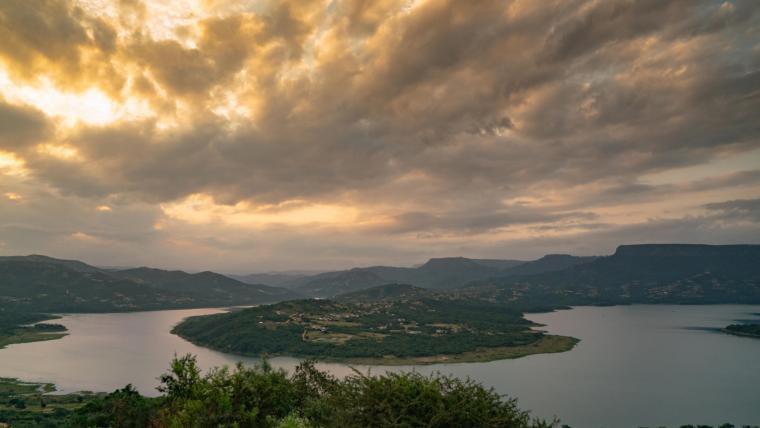
How soap tamed South Africa’s Wild West
The Northern Cape is South Africa’s Wild West – minus the gunslingers. Covered by desert and semi-desert terrain, it’s a harsh place to herd cattle. But sheep and goat farmers have learned that it’s not just the relentless weather taking a toll on their flocks. The area is rife with Galenia Africana, or Kraalbos, a plant that is poisonous to the unsuspecting animals which feed on its leaves.
Robert Richards watched as the farmers uprooted the problem plant, and created a near-disaster situation for themselves. The longtime local realised that the mass extraction of Kraalbos roots would leave the soil vulnerable to erosion that would devastate the traditional grazing routes. In talking to some of Okiep’s indigenous families, Richards discovered the traditional practice of using Kraalbos for its healing properties, treating skin ailments like eczema. Further research revealed scientific proof supporting inherited knowledge. Richards had his inspiration.
Determined to provide a lasting, environmentally-sustainable solution to the farmers’ troubles, he developed a recipe for turning the pesky shrub into an organic soap. Instead of removing the Kraalbos from their land, those worried about the welfare of their herds can harvest and sell it to Richards, whose soaps are used by locals and the hospitality industry. Thanks to him, the animals and earth of South Africa’s Namaqualand region are safe, and the people living in the area have a new form of income.






























Please sign in to leave a comment